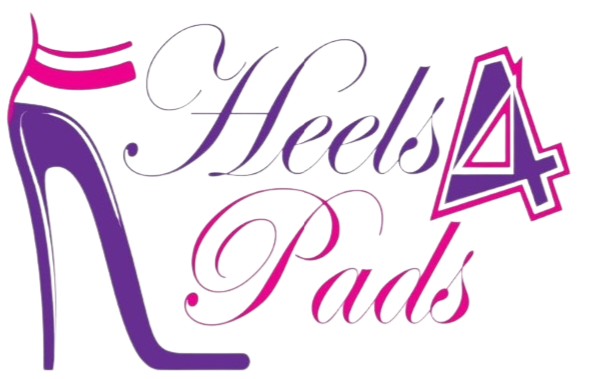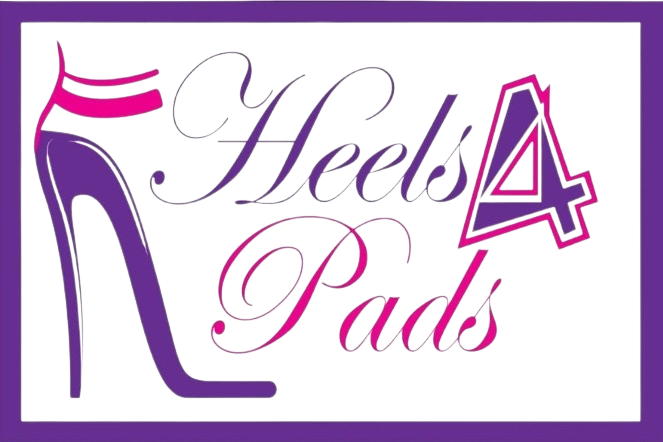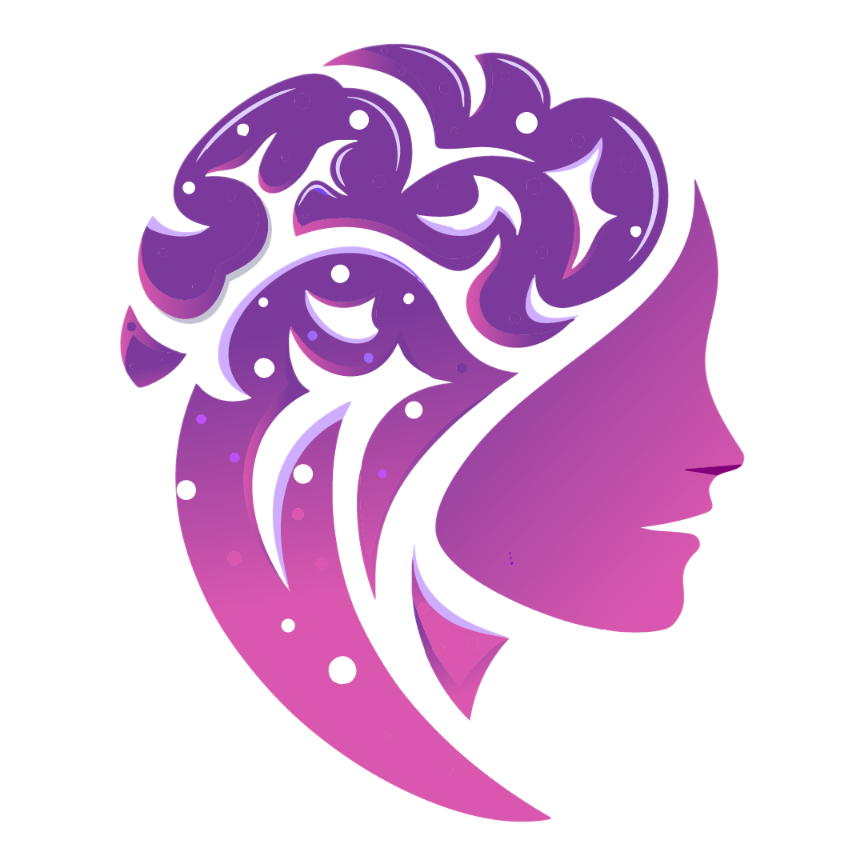Common Menstrual Myths and Misconceptions Debunked
Common Menstrual Myths and Misconceptions Debunked By Monica Menstruation, though a natural biological process, has often been surrounded by myths and misconceptions. These can lead to confusion, stigma, and even health risks when people follow incorrect advice. In this post, we’ll debunk some of the most common menstrual myths and replace them with facts. Myth 1: You shouldn’t exercise during your period The Truth: Exercise is not only safe but beneficial during your period. Moderate physical activity can help reduce menstrual symptoms like cramps, bloating, and mood swings. In fact, exercise helps release endorphins, which are natural pain relievers and mood boosters. Of course, listen to your body, and if you’re feeling too tired or in pain, light stretching or walking can still be beneficial. Myth 2: Period blood is ‘dirty’ or impure The Truth: Menstrual blood is not impure; it’s simply blood and tissue that the body sheds when a pregnancy doesn’t occur. It’s a healthy and normal part of the reproductive cycle. There is no need to feel shame or disgust about menstruation. Understanding that it’s a natural process helps reduce the stigma and embarrassment often associated with periods. Myth 3: You can’t get pregnant during your period The Truth: While it’s less likely, it’s still possible to get pregnant during your period. Sperm can live inside the body for up to five days, and if you have a shorter menstrual cycle, you could ovulate soon after your period ends. Therefore, if you’re sexually active and not using contraception, pregnancy can still occur. Myth 4: Using tampons can cause ‘loss of virginity’ The Truth: Using tampons doesn’t affect your virginity. Virginity is a social and cultural concept, not a physical condition. Inserting a tampon may stretch or tear the hymen, but this has nothing to do with virginity. The hymen can be stretched in many ways unrelated to sexual activity, such as through exercise or riding a bicycle. Myth 5: You shouldn’t wash your hair or take a bath during your period The Truth: There’s no reason to avoid bathing or washing your hair during menstruation. In fact, maintaining good hygiene is even more important to help you feel fresh and comfortable. A warm bath or shower can also help relieve menstrual cramps and muscle aches. It’s perfectly safe and beneficial. Myth 6: Menstrual products like pads and tampons should be changed once a day The Truth: It’s recommended to change pads, tampons, or menstrual cups every 4-6 hours, depending on your flow. Keeping the same product in for too long can increase the risk of infections or other health issues. Tampons especially should be changed frequently to prevent toxic shock syndrome (TSS), a rare but serious condition. Myth 7: Irregular periods mean there’s something wrong The Truth: While irregular periods can be a sign of an underlying health issue, they are also common in many people, especially during puberty or perimenopause. Stress, diet, and exercise can also impact your menstrual cycle. If irregular periods are persistent or come with other symptoms, it’s a good idea to consult a healthcare professional. Conclusion By debunking these common menstrual myths, we hope to help normalize conversations about periods and break the stigma surrounding them. Menstruation is a natural and healthy part of life, and understanding the facts can empower people to take better care of their menstrual health. If you’ve heard of other menstrual myths, we’d love to help clear them up! Share them with us and let’s continue to walk the path to menstrual freedom together.


